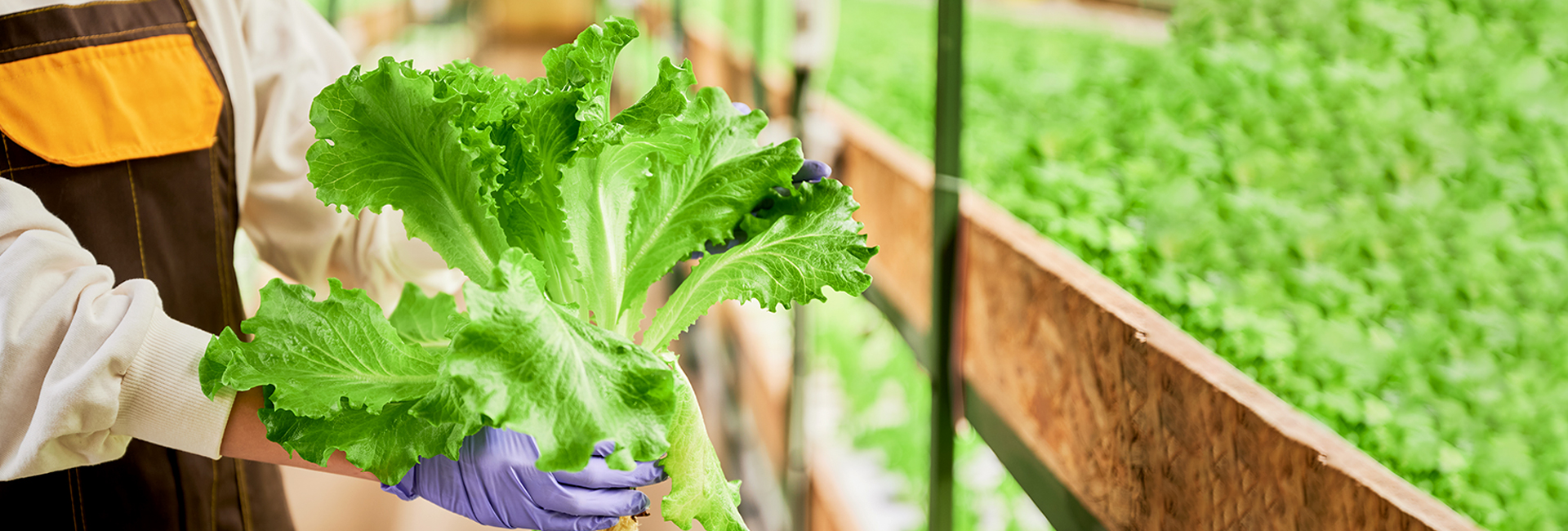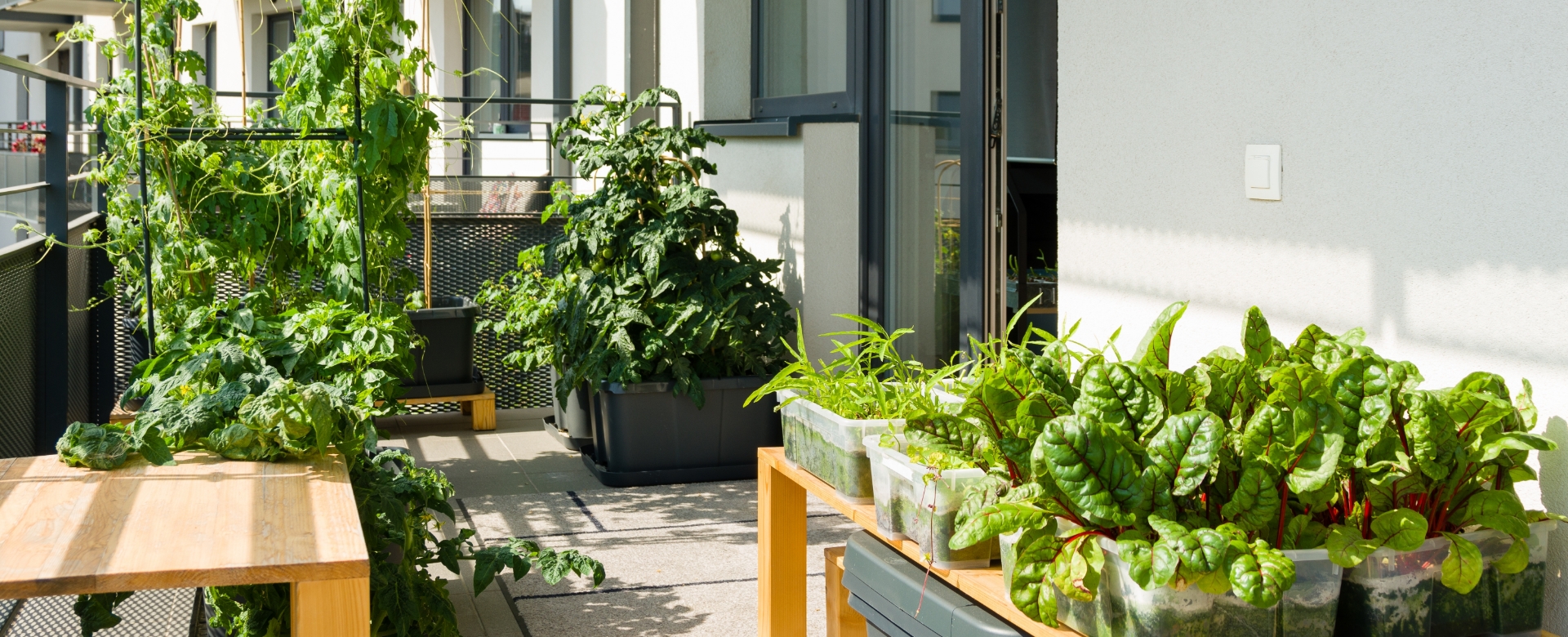Several serious challenges are going on in the world, which will pose the problem of food shortages sooner or later for sure. Various issues, such as climate change, economic instability, population growth, etc., impact the global food supply. It will ultimately lead to famines and an increase in food prices soon. If this happens, then we should prepare ourselves ahead of time. You can choose the gardening route by following specific organic gardening tips and planting veggies in your house’s backyard, open space, or patio.
Planning a home garden is a versatile option to address food shortage problems in various challenging situations. Home garden production has increased global demand and has been instrumental in reducing the food shortage issue and disease caused due to malnutrition and micronutrient deficiency. Home gardens are the primary staple food source for people in densely populated areas and limited croplands. You can plan for a home garden by following the best gardening hacks that will make the whole process easy for you. You can gather organic vegetables or fruits from your garden all year long, which will prove to be a lifeline for you in challenging times.
The following are some strategies you can use to tackle the daunting food shortage issue successfully:
1. Home Garden
It forms a pivotal part of sustainable food security programs. A home garden contributes to nutrition and household food security by offering quick and direct access to various veggies. You can harvest, prepare, and eat different veggies with family members daily. If you are new, you can practice home gardening on small patches of homestead land like patio space, backyard space, field edges, containers, or open space on the front side of your house.
2. Learn Preservation Skills
In the winter, crops often freeze, stagnate, and grow very slowly. If you are growing food locally or buying food locally and when there are failed crops, it is essential to preserve food. Like gardening, it is crucial to learn food preservation skills to survive through tough times like food shortages. There are several methods of preserving food; for instance, you can use methods like dehydrating or freeze-drying for long-term food storage. Short-term food preservation during winter can be done by fermenting, freezing, or canning food items.
3. Stock Up on Non-Perishables
One of the best practical ways to deal with the food shortage problem is to stock up on non-perishable items. It comprises dried beans, rice and canned vegetables and fruits. These items can last a long time without getting spoiled for months or even years. That said, non-perishable items are good options in the case of food shortage problems. Along with perishable items, you should stock up on certain essential non-perishables so that you don’t have to bear the struggle of a food shortage.
4. Stop Food Wastage
Food wastage is estimated to be about 30-40% of the food supply. There would not be a food shortage if everyone stopped food wastage by consuming it appropriately rather than simply leaving it to wastage. Making efforts on an individual level can make a major difference.
Here are some suggestions for reducing water:
- If you own a home garden, the pick the veggies you will consume
- If you are buying food from the store, purchase perishable items for your family. Don’t overbuy
- Using compost and natural manure
- Store foods properly to make them last for an extended period
- If you end up with too many veggies or fruits, then make sure you can preserve most of them before they become spoiled
5. Preservation Supplies
Get food preservation supplies before their demand spikes with preservation supplies like canning salt, vinegar, lemon juice, canning lids, jars, etc. If you grow your own fruits or veggies in the garden, food preservation gives you complete control over what you eat and ensures you consume the highest-quality organic food. Food wastage issues can be dealt with effectively.
6. Save and Store Seeds
If you have a home garden and have grown vegetables, fruits, or both, make sure you have raised at least one variety of open-pollination seeds for each vegetable or fruit you have grown. If you are unaware of the term “open pollination,” let us first be clear about what it is. Open pollination means that the seeds grow true to type, or if you save seeds in the plant, it will crop up next year as long as it doesn’t cross-pollinate with other crops in the garden. Saving & reusing seeds is one of the affordable ways to save money in the garden and ensures you have produce in the upcoming year and several years to come.
7. Practice
Yes, you have heard it right. Try to do no shopping for a month and practice making meals using whatever is available in your pantry. Practicing not shopping at grocery stores will prove an eyeopener for you, and you will experience first-hand the whole scenario. You will experience which items finish up quickly and which things need to be purchased.
8. Stock Up on Pet Food, Poultry Feed, and Livestock Feed
Along with your food, you should ensure that you stock up on pet food, poultry feed, and livestock feed as required. It will relieve you of the burden of feeding your pets or animals at home. Even though some can provide for themselves, others might need food. If you are raising animals for eggs or meat, ensure that you have enough food to feed them during the food crisis.
Conclusion
With food and national security becoming significant challenges that will pose a problem in the future, it becomes necessary to take preventive measures. There is an urgent need to find several innovative ways to increase food production, avoid food wastage and implement food storage. When executed correctly through garden tips, home gardens will help you survive through tough times and help you deal with food shortage problems effectively.




